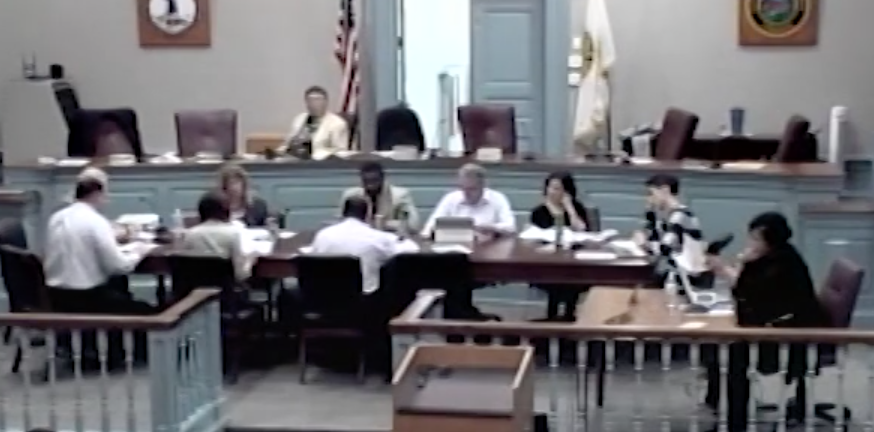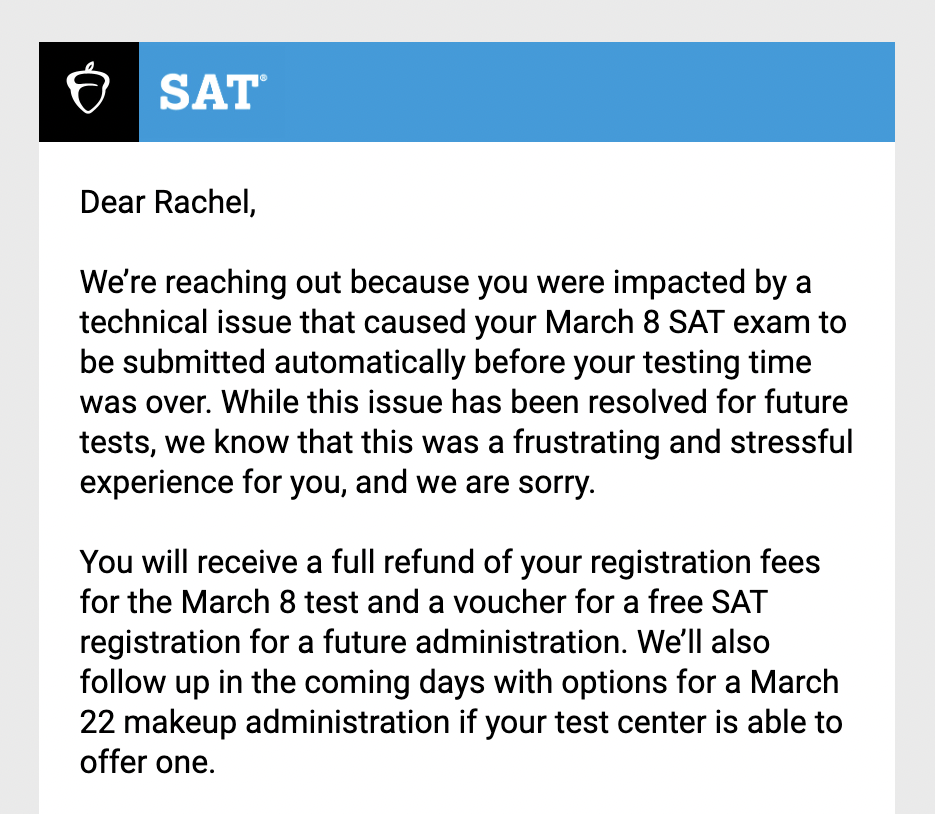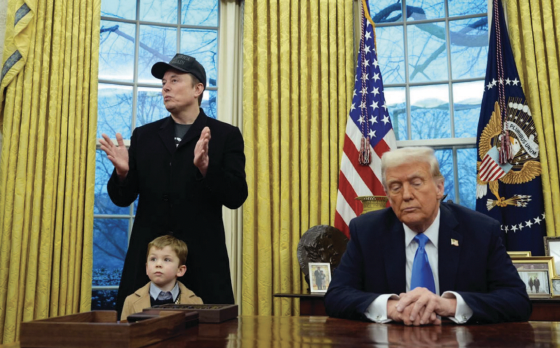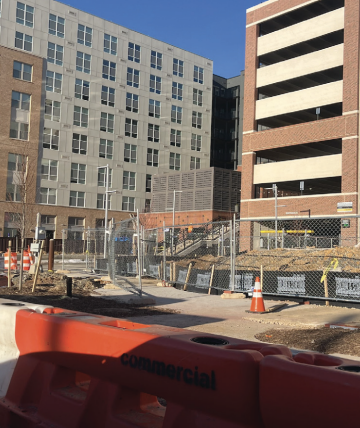Last month, the Falls Church City Council, in a narrow 4-3 vote, made the monumental decision to cut $912,000 from the School Board’s adopted 2016-2017 budget. The reason? The Council’s arbitrary goal to prevent any increase in property tax, no matter how small. It seems that some members of our local government value image— the triumphant headline of a low or unchanging tax rate— over our schools and the effect insufficient funding has on the future of Falls Church.
To read about how the budget cuts will affect students, click here.

Karen Oliver, a City Council member who voted against the budget cut, summed up plainly the empty symbolism in the decision. “[A] flat tax rate sounds like pandering to the public… fiscal discipline to me means the need to actually pay for what you want.”
She has a point. Not raising taxes seems nice in the short run, and may placate citizens who are already bitter about a high tax rate. However, looking forward to the future, not providing the schools with the funding they need is an irresponsible decision that will only cause further problems down the line.
Even before the vote was cast, the School Board began to plan for how their proposed budget could be cut down. “There are very few things on this list of cuts that are not controversial,” Superintendent Dr. Toni Jones remarked about the possible scenarios for trimming non-existant fat off the budget. The City Council never addressed specific areas of the budget it considered extravagant, leaving the School Board on its own to decide what necessities can be sacrificed.
“We’ve not asked for more than we need,” stated Falls Church Education Association member Amanda Blanchard, a 7th grade math teacher at MEH.
The School Board has already voted to lower teaching salary increases by 20% in order to cope with the cuts, but this is only one of many reductions they will need make to stay within the new budget. Additional options include elimination of staff and reduction or elimination of materials and programs. We know what this means for the already-plateauing property values in the City: They will only decrease as the main attraction of Falls Church to young families– small class sizes, high-caliber staff, etc.– becomes obsolete. But what does this mean, on a day-to-day basis, for students?
It means that staff may leave our schools. Either their positions will be eliminated or their salaries will no longer be able to compete with those of surrounding districts. It means that materials we now take for granted, like our laptops, will no longer be a given. It means that programs may be cut or reduced. Everything we take pride in about our schools may be affected. Special Education, the gifted program, the arts, STEM expansion, opportunities at the Arlington Career Center– all potentially at risk.
As a freshman at George Mason, I am looking into the future at three more years of Falls Church City Public Schools. Three years during which I am at the mercy of the City Council’s budget decisions. They indirectly decide my class sizes, the quality of my teachers, and the resources available to me. I want to be able to trust that the dedicated citizens making these decisions understand what these things mean to me as a student.
There is a reason we pay taxes. No, it may not be fun, but it serves a purpose. We pay taxes because, as beneficiaries of the resources provided by our community, we must contribute our share. We did not get the great schools we have today without putting resources into them. And the schools will never get better or be able to meet the needs of a growing population without putting more resources into them.
Good schools are good for everyone. Not just as a means to an end for students and families, but for the community as a whole. Well-educated children become productive citizens. Leaders. Innovators. Creators. Revolutionaries. Education is empowerment. Education is how the world becomes a better place. And if the average Falls Church family has to pay an extra $200 each year to help that happen? I think it’s worth it.
The tangible repercussions of this budget cut are reason enough to question the City Council’s vote. However, deeper issues are evident in the decision, and there will come a time when we must confront as a community what we value: education, or an invariable tax rate.









